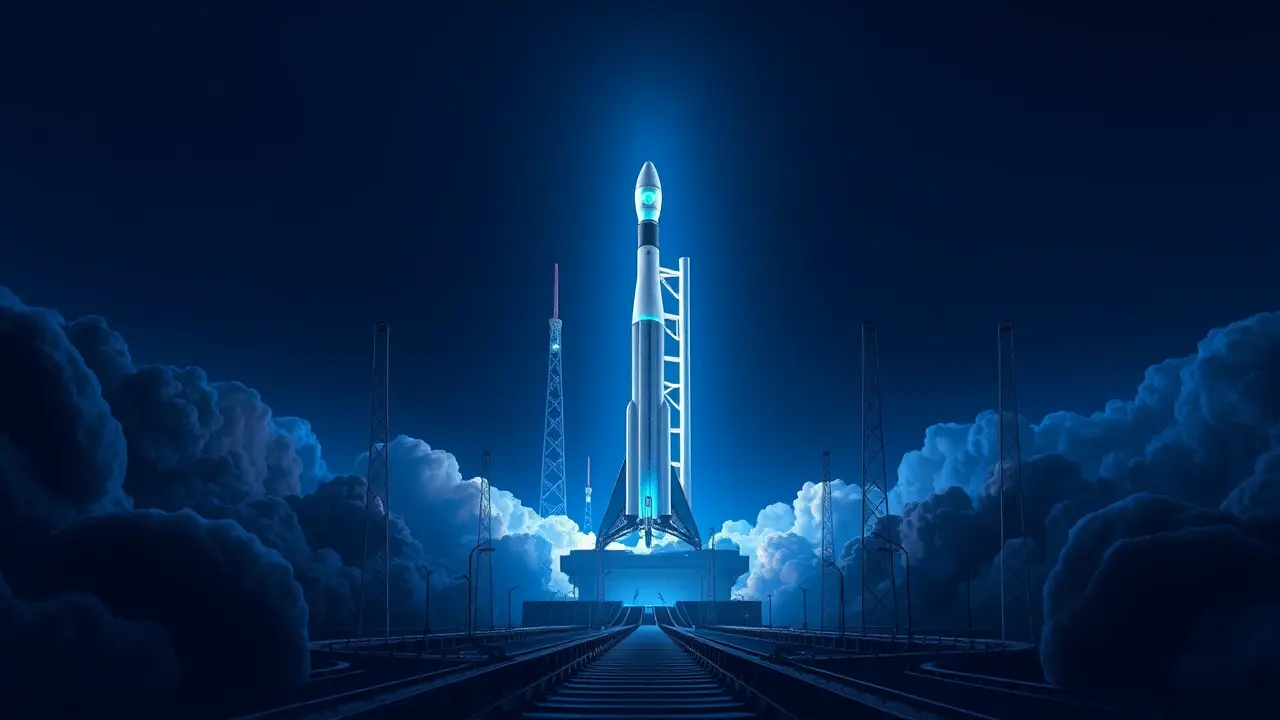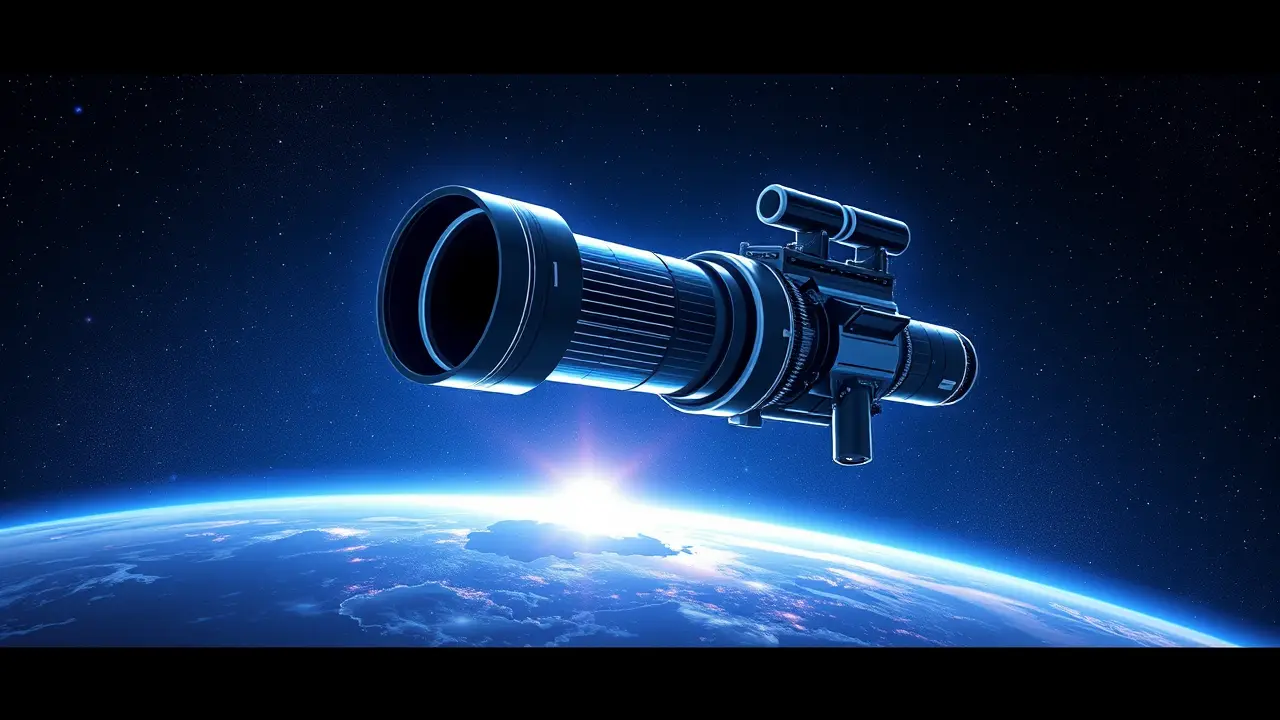
Sciencespace & astronomyRocket Launches
Blue Origin schedules second New Glenn launch for November 9.
TH
Thomas Green
3 hours ago7 min read1 comments
The countdown has officially begun again for Blue Origin, Jeff Bezos's formidable contender in the new space race, with the second launch of its colossal New Glenn rocket now etched onto the calendar for November 9. This mission, following the inaugural flight back in January that by most accounts was a resounding success, represents far more than a simple repeat performance; it is the critical next step in validating a vehicle designed to be a workhorse for America's future in orbit and beyond.For years, the development of New Glenn felt like a celestial body stuck in a holding pattern, its delays the subject of intense scrutiny and industry gossip, a stark contrast to the rapid, explosive iteration of its primary rival, SpaceX's Falcon fleet. Yet, that first successful ascent earlier this year was a thunderous declaration that Blue Origin was finally, seriously in the game, a statement that shook the very foundations of the launch market.The November launch is now the proving ground for consistency, the metric that truly separates ambitious prototypes from reliable commercial infrastructure. Imagine the sheer scale of this behemoth: a reusable heavy-lift rocket standing over 320 feet tall, its seven BE-4 engines—the same powerplants destined for United Launch Alliance's Vulcan Centaur—gulping down liquid natural gas and liquid oxygen to generate a staggering 3.85 million pounds of thrust, enough to hoist 45 metric tons to low Earth orbit. This isn't just another rocket; it's a direct challenge to the established order, a vehicle built with reusability as its core tenet from the outset, designed to fly 25 times or more, a philosophy that echoes Elon Musk's own Martian vision but with Bezos's distinct, methodical focus on industrializing space.The success of this second flight is paramount, not merely for Blue Origin's pride but for its burgeoning manifest, which includes lucrative contracts with NASA for the Artemis V Moon mission, the vital EscaPADE Mars smallsat mission, and a host of commercial customers like Project Kuiper, Amazon's own mega-constellation that will rely on New Glenn's massive fairing to deploy its internet satellites. The stakes are astronomically high; a failure here could see confidence wane and payloads shuffled to other providers, while a flawless performance would cement New Glenn as the long-awaited, credible second pillar in the U.S. heavy-lift arsenal, fostering a competitive market that drives down costs and accelerates innovation.We are witnessing the dawn of a new era, a period where access to space is becoming less about singular, heroic launches and more about routine, railroad-like logistics, and Blue Origin, with its methodical, step-by-step approach, aims to be one of the chief conductors. The November 9 launch from Launch Complex 36 in Florida isn't just a date on a calendar; it's a potential inflection point, a moment that could redefine the balance of power in the final frontier and bring Bezos's dream of millions of people living and working in space one massive, thunderous step closer to reality.
#Blue Origin
#New Glenn
#rocket launch
#spaceflight
#featured
#private space company
Stay Informed. Act Smarter.
Get weekly highlights, major headlines, and expert insights — then put your knowledge to work in our live prediction markets.
Related News
© 2025 Outpoll Service LTD. All rights reserved.
